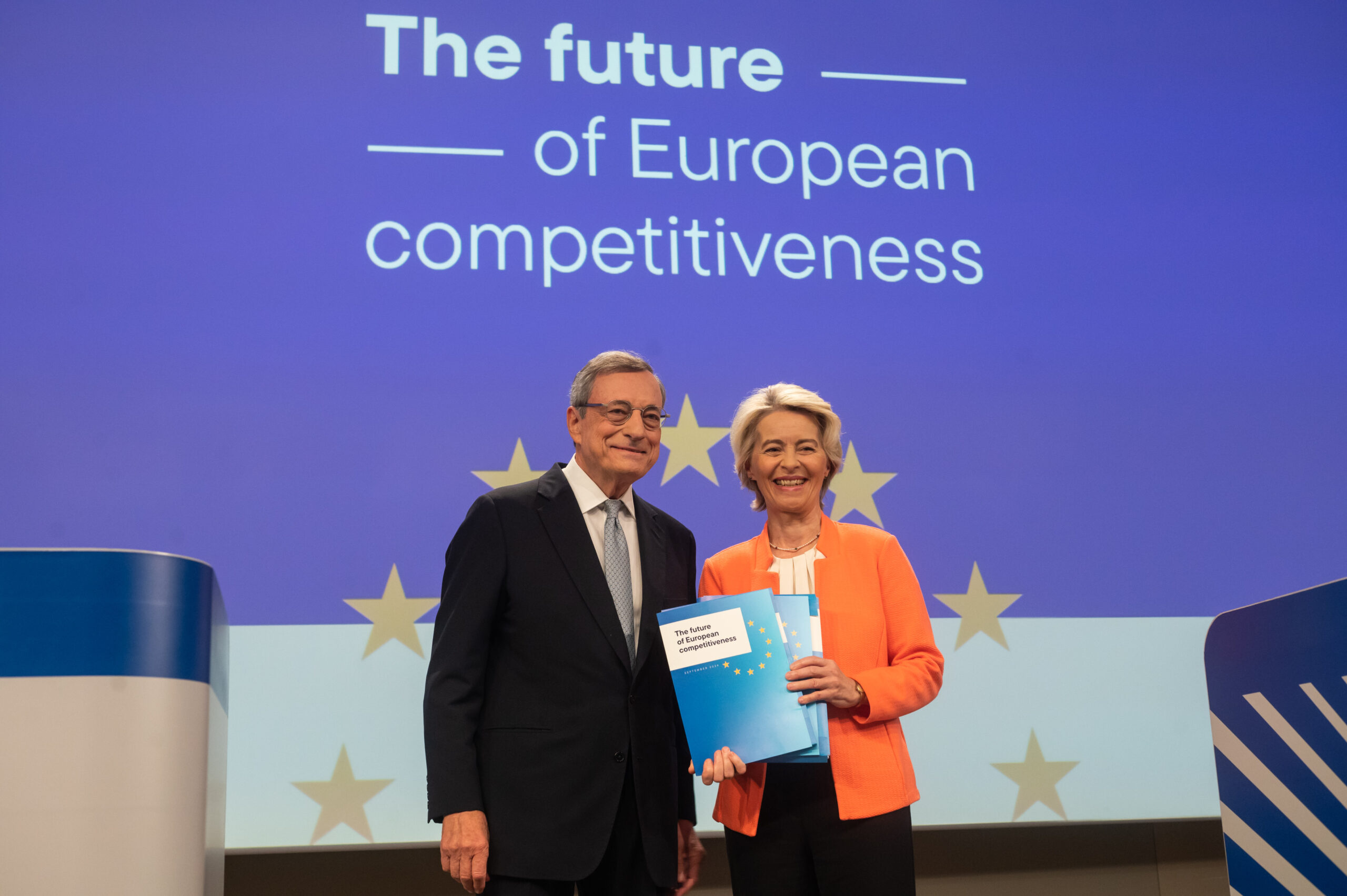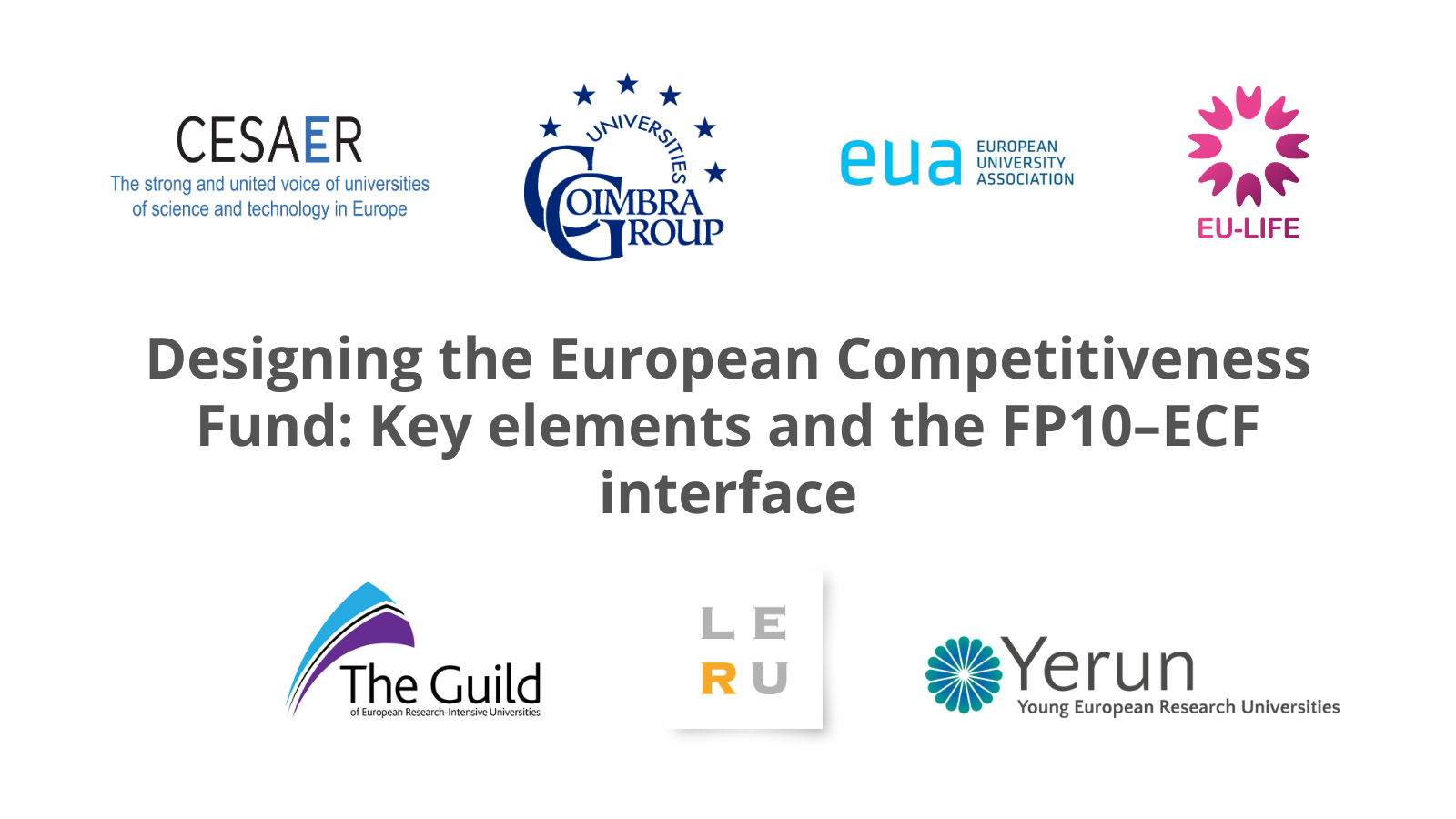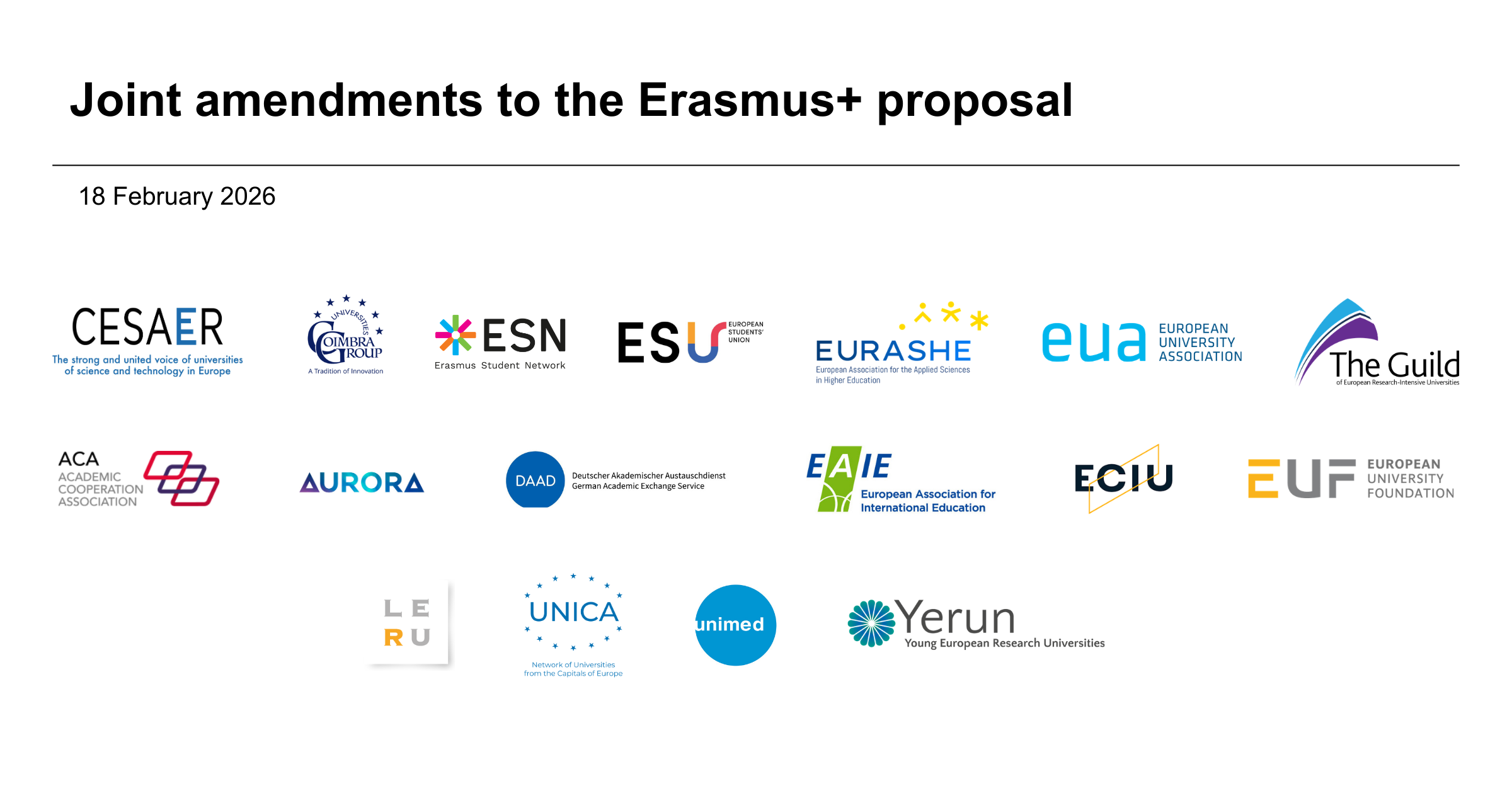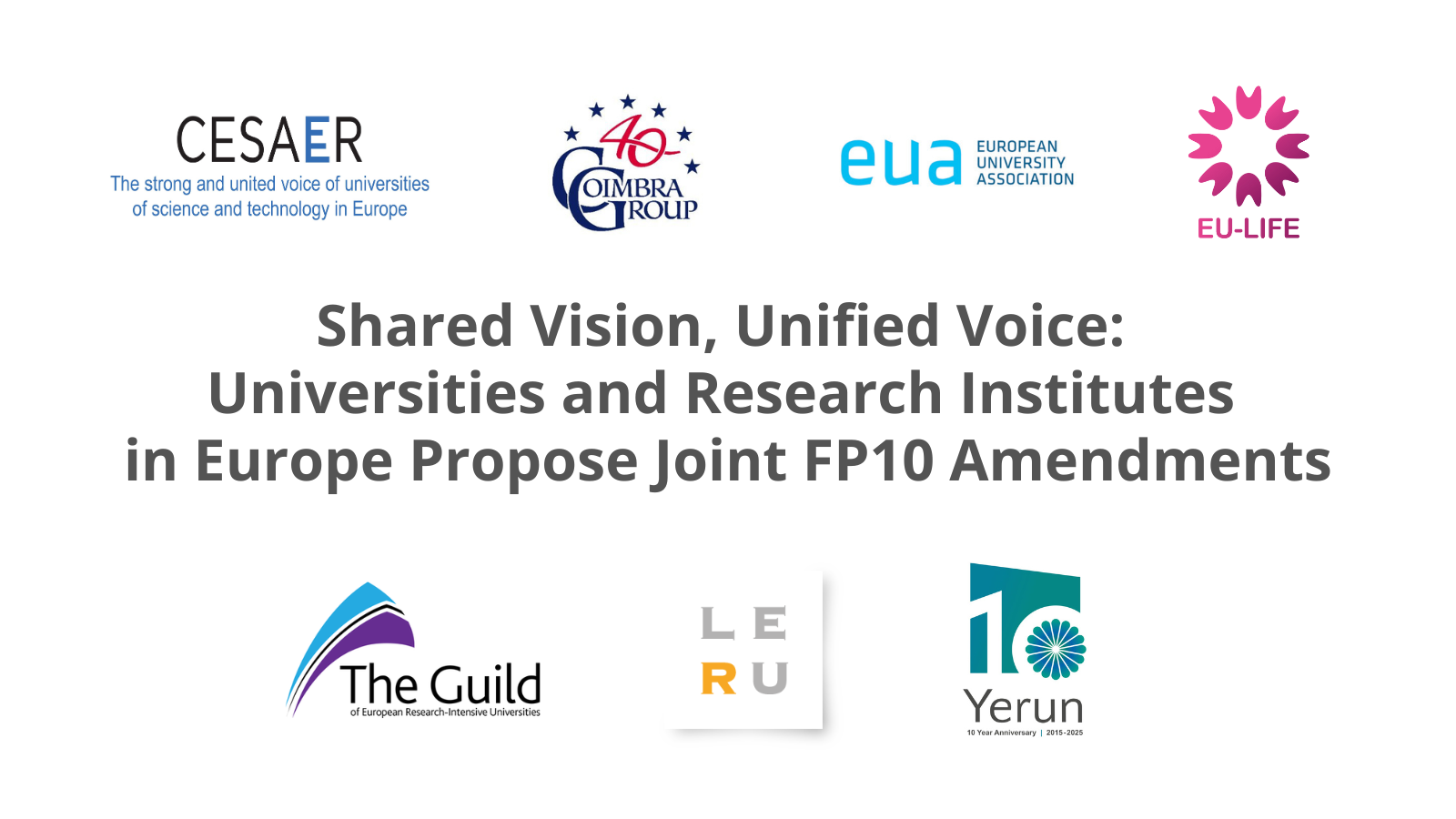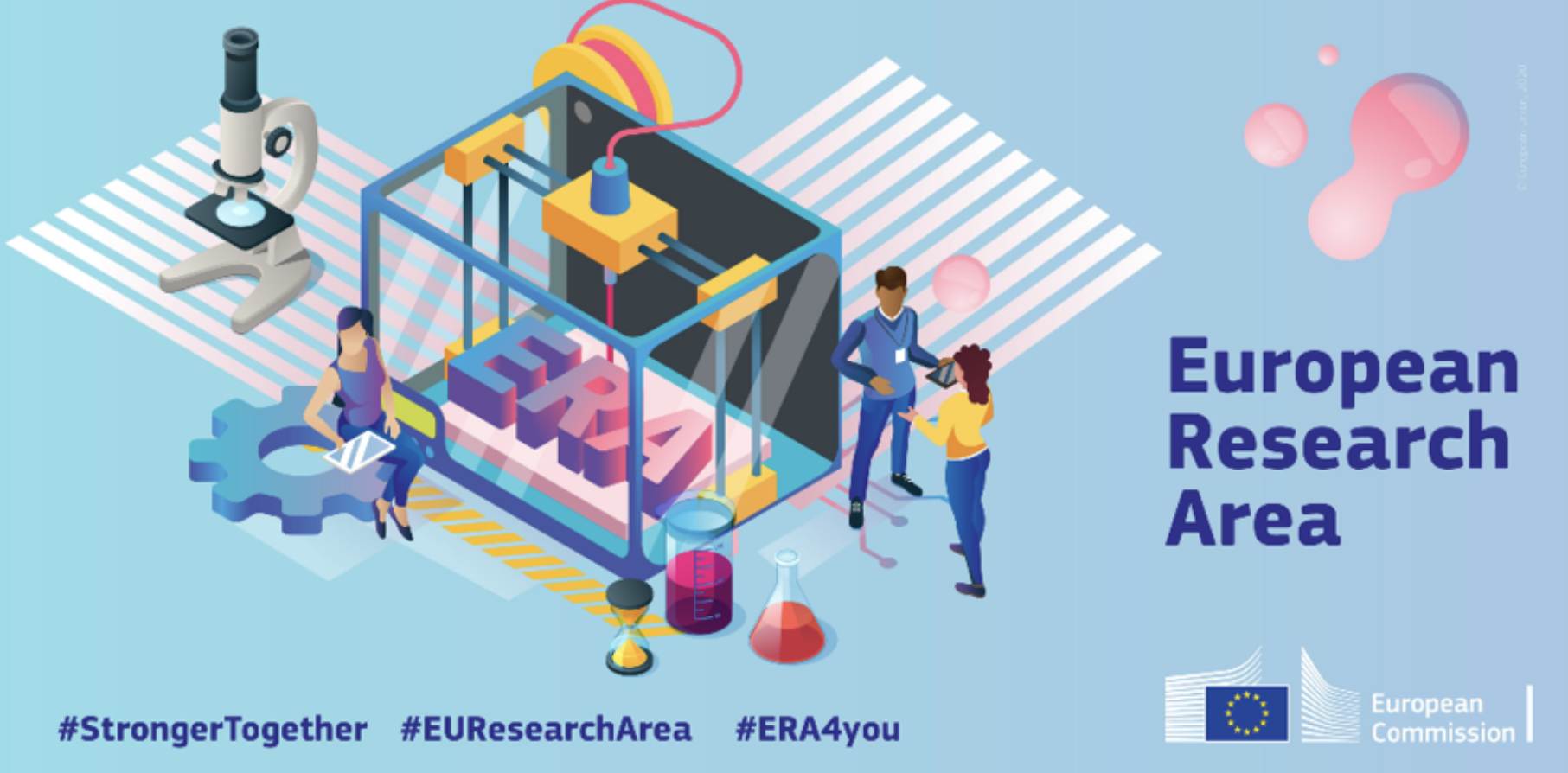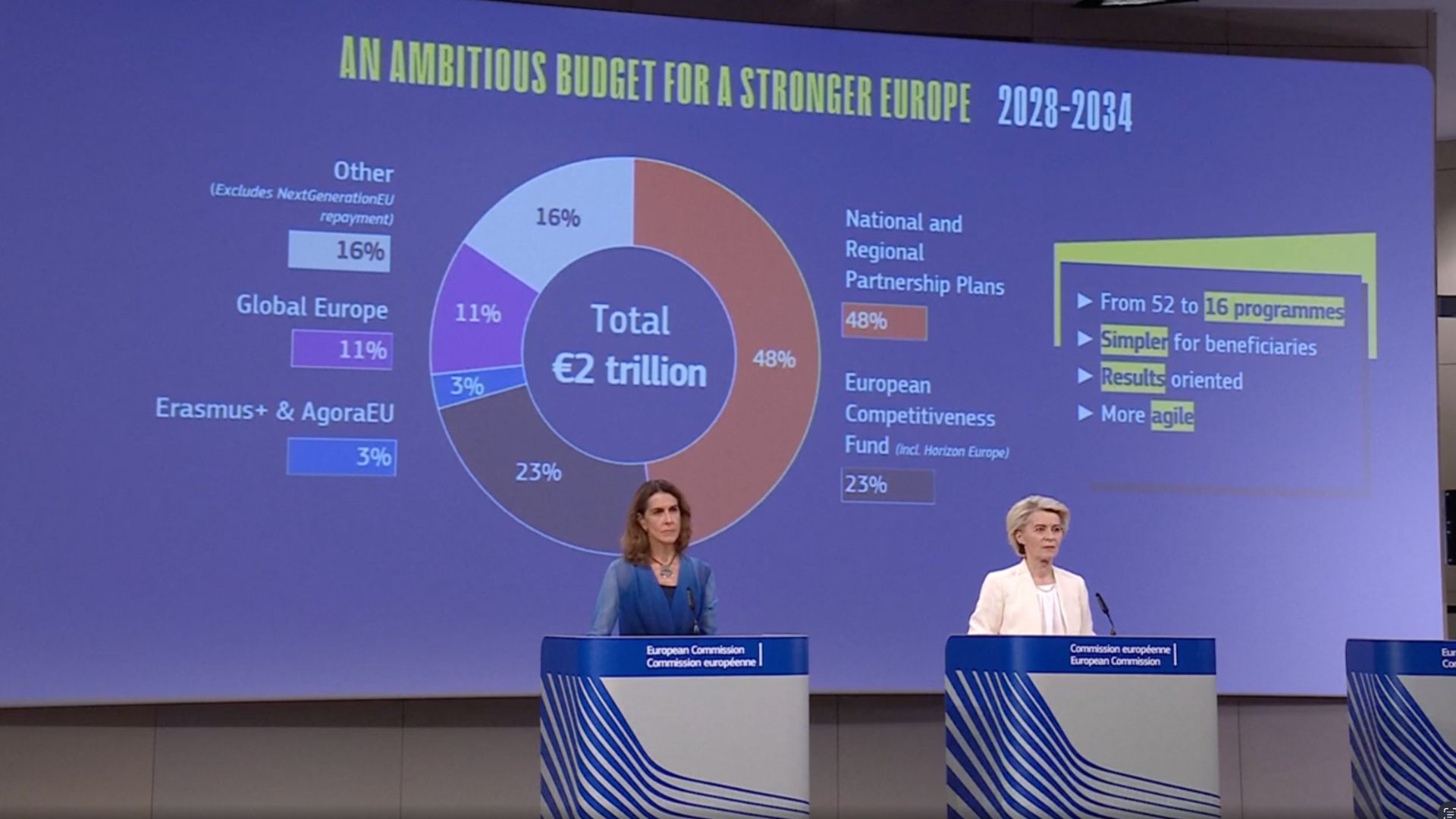The recent report on EU competitiveness, authored by Mario Draghi, sets a forward-thinking agenda for accelerating Europe’s economic and technological development. At its core, the report emphasises that innovation, research and education must be the cornerstones of Europe’s strategy to remain competitive in a rapidly evolving global landscape. The focus on addressing inefficiencies, boosting skills, and emphasising excellence in research offers universities a critical role in shaping the future of European competitiveness.
Universities at the Core of Innovation and Competitiveness
The report places great importance on the role of universities, particularly in addressing weaknesses in the innovation lifecycle and ensuring Europe remains a global leader in research. Universities are recognised as central actors in early-stage innovation, generating breakthrough research and developing talent. However, the report also points out a significant gap: despite having a robust university system, it is mentioned that not enough institutions are achieving the highest levels of global excellence. In this regard, some more thoughts are needed to better capture the role that universities play in their ecosystems and the reflection should include more than just their position in rankings. The positive note is that the report acknowledges this limitation and clearly points to the lack of structural conditions to enable more investment in and strategic support to universities.
Furthermore, the report highlights the importance of skills—especially lifelong learning, retraining, and ensuring equitable access to education. This places many of our universities, which are rooted in various regions, as crucial providers of education and skills. We welcome the vision for an inclusive approach, ensuring that productivity growth goes hand-in-hand with social inclusion, as we should not forget that Europe is at the forefront when it comes to diversity and social welfare.
Strengthening Europe’s Research and Innovation Union
Considering the ongoing active debate on the future EU’s Research and Innovation Framework Programme, the report brings several key recommendations for the future FP10. The current Horizon Europe framework is instrumental in supporting research across Europe, but Draghi calls for a more streamlined approach. In line with pleas from many research organisations including YERUN and the Research Matters campaign, the report proposes doubling the programme’s budget to €200 billion over seven years, which, if realised, would give a significant boost to the research landscape across Europe. It also proposes to simplify and focus the programme on fewer, but commonly agreed priorities. This would reinforce the European Research Council (ERC) with increased funding, restructure and increase the resources of the European Innovation Council (EIC), and simplify application processes reducing bureaucracy. This measure would ensure accessibility to newcomers, smaller organisations, and companies. Additionally, there is a proposal to create an ERC for Institutions (ERC-I), bringing excellence-based funding to academic institutions, helping them to develop world-class research facilities to attract top talent. What reads as a great proposal for institutions requires caution as to the criteria that will be used for selection. The report states that “ERC-I should build on the high number of well-established European research institutions that rank in the middle to high tiers of the global distribution and propel some of them to the very top of academic excellence.” Considering the flaws of the indicators used for academic excellence, point that is mentioned in the report itself, it is important that more attention is given on how this assessment of institutions will take place. And that ongoing initiatives at international and European level on the reform on research assessment, such as the Coalition for Advancing Research Assessment (CoARA), are considered in this regard.
“We are looking forward to seeing advancements from the CoARA initiative so that we can start using a more varied range of indicators to assess our institutions’ strengths, rather than relying on faulty rankings that prioritise only one aspect of academic excellence. This shift will allow us to better highlight the full breadth of contributions from our universities, especially in areas beyond highly cited research.”
Silvia Gomez, YERUN Secretary General
Another point of concern is the lack of acknowledgement of the collaborative approach to the framework programme. YERUN advocates that these collaborations encourage diverse participation which enables smaller entities to contribute and are key to fostering inclusive growth. With more flexibility and a more holistic approach to the research and innovation cycle, these projects can achieve direct and immediate impacts, often with reduced administrative overhead, making participation and management easier. They also promote new collaborations across different sectors, enhancing knowledge transfer and multidisciplinary approaches. Overall, such collaborations create a dynamic environment conducive to innovation and impactful research outcomes.
Finally, Draghi’s report rightly advocates for better coordination of public R&I investments across Member States. The suggestion to establish a Research and Innovation Union aims to centralise the development of a European-wide R&I strategy, ensuring that efforts are aligned and scaled for maximum impact. This could reinforce ongoing activities, currently separated, between the European Research Area and the European Innovation Area and call for a more serious and committed approach for R&I policies. From a university perspective, we also need to address synergies with the European Education Area, aligning with Letta’s recommendation to implement the fifth freedom.
Enhancing the Role of Universities in Knowledge Valorisation
Highlighted as a key weakness in Draghi’s report is the difficulty universities face in transitioning fundamental research into commercial applications. YERUN agrees that progress in knowledge valorisation is limited, and that the societal potential of valorisation remains underexploited. We welcome the proposals included in the report, but we urge to go beyond a narrow focus on economic valorisation and empower universities with an enabling policy environment. New mechanisms, incentives, assessment and more robust partnerships between universities and other sectors are needed to bridge this gap. Furthermore, we need a more systematic engagement with citizens and other actors, which resonates with Draghi’s call for a more effective and proactive citizens’ involvement and social dialogue.
Talent Retention: Achilles heel
Furthermore, the report highlights a concern our universities are very aware of: a world leading research institution needs a critical mass of talent. Europe struggles to attract and retain top research talent. To remedy this, Draghi suggests creating an “EU Chair” program, which would hire top academics as European officials, ensuring better compensation and working conditions for the best scholars. However, we see that more and more healthy research and innovation systems require excellent teams, and an individual approach to talent retention might not be the right way forward. Europe has a rich and diverse university system, with a large majority of its universities ensuring high quality education and research. Talent strategies need to recognise that richness and diversity of profiles and disciplines and look towards ensuring well equipped research and innovation teams. Enhancing the funding and competitive environment for European universities would make the region more attractive to leading researchers globally, and not only to a few.
“Mario Draghi highlights a crucial point: while Europe may not produce as many top-tier, globally recognised institutions as some other regions, we must not overlook the strength of our university sector. Europe is home of a remarkably wide and diverse network of high-quality institutions across a variety of disciplines and regions. This broader excellence is what ensures that we provide equitable, high-standard education and research opportunities throughout Europe—not just concentrated in a few elite hubs, but accessible across the continent.”
Dag Rune Olsen, YERUN President and Rector of UiT, the Artic University of Norway
Conclusion: A Roadmap for the Future
Mario Draghi’s report sets a compelling vision for the future of Europe’s economy, with a strong emphasis on research, innovation, and skills development. Universities are at the heart of this transformation, tasked not only with advancing knowledge but also with driving research and innovation, knowledge valorisation and fostering a skilled, adaptable workforce.
Europe must confront fragmentation within its policies and research systems and address the current lack of coordination which blocks collective effectiveness. A more coordinated approach, both in research and in policymaking, will allow Europe to harness its full potential. This emphasis on reinforced cooperation and pooling resources within Europe is timely. Increased investments with a common vision will be one of the conditions that will allow better synergies between resources and a stronger request for cooperation and collaboration. This resonates well with our network of universities, whose primarily objective was to overcome the weaknesses of our institutions on its own.
YERUN universities stand ready to seize this moment to amplify their role in shaping the future of European innovation and excellence.
.
Photocredit: © European Commission

